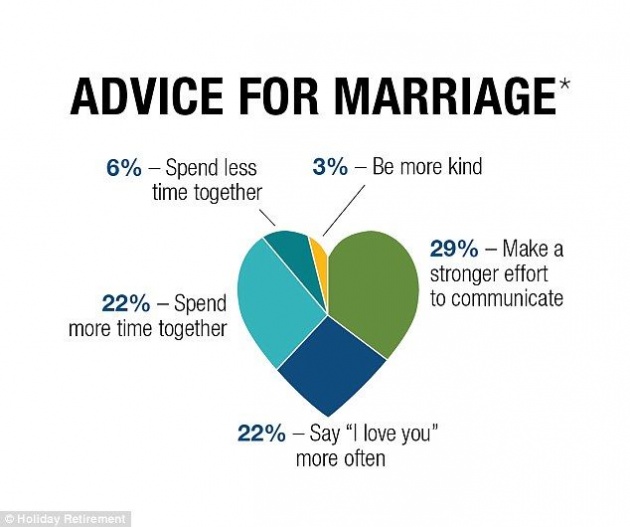We've all read the statistics: Fifty percent of marriages end in divorce. Are the lucky couples who continue to love and lust and live in relative harmony just that -- people whom the fates have blessed? Over Cupid's dead body! Love isn't a present that gets handed to you; it's a special kind of learned behavior. WebMD consulted the marriage and relationship experts to learn the best advice for a good marriage - five secrets to long-lasting love.
"We're born with the capacity to have a happy marriage, but we still have to work to develop it," says Howard Markham, PhD, co-director of the Center for Marital and Family Studies at the University of Denver and co-author of Fighting for Your Marriage. "Having a good marriage takes education," Markham says. "We have to unlearn some bad habits and acquire other good ones."
Other experts WebMD consulted agree. The couples who remain close and content are the pioneer-spirited among us who share the same secret formula: When problems crop up, they don't give up. They use the following five basic pieces of advice for a good marriage that can help every couple live (more) happily ever after.
1. Listen Up! "Everybody has the need to be listened to and fully understood," says Jack Rosenblum, PhD, co-founder (with his wife of 29 years) of "Loveworks" couples' workshops and co-author of Five Secrets of Marriage from the Heart. You need to make your partner feel heard, even if that means pushing aside some anxiety or sitting on your hands rather than offering advice when your partner needs to talk. Sometimes "mirroring," or simply repeating what your spouse has said, is enough to let him or her know that you've been listening. For example, say something like, "I understand you're upset because I didn't take out the trash." Or "I hear that you want to talk about what happened at the office today." Provide evidence that you're paying attention to your partner's concerns.
3. Don't throw things. Of course, you and your partner are not going to agree about everything. But in expressing disagreement to your partner, playground rules apply -- no insults, name calling, or throwing things. "If you disagree, do it in a civil way," says Jack Rosenblum. "Don't make the other person wrong, don't say he's stupid. Instead, say, 'You think we ought to do this. I have another thought about it.'" If your disagreement seems to be escalating, call a mutually agreed upon time-out, and make a plan to continue the discussion after a cooling-off period. Keeping things on a calm, even keel is better for your blood pressure and your marriage. When in doubt, follow Ogden Nash's sage advice for resolving conflicts:
To keep your marriage brimming
With love in the marriage cup,
Whenever you're wrong, admit it,
Whenever you're right, shut up.
4. Turn up the heat. "If your sex life is diminishing or you're not having sex as often as one partner in the relationship would like, then you have to make getting your intimate life back on track a priority," says Markham. "It's ironic that when we're wooing our partners, we make this tremendous effort, and after we get into a relationship, we put that on the back burner." Think about your partner as someone you want - and someone you want to entice to fall in love with you over and over again. "Pay attention to your grooming, be romantic, don't take your partner for granted," advises Markham. "Think about your mate as someone you want to end up in bed with at the end of the evening."
5. Ask for what you want - nicely. "If there's something you'd like your spouse to do, you have three choices," says Rosenblum. "Keep it to yourself and let it fester; bad rap them to your friends; or talk about it. The best choice is to talk about it." How's he supposed to know that you wish he'd bring home flowers or that a back rub would be a dream come true? Tell him - simply, sweetly, and directly. Don't drop obscure hints - this is not a test to see if he or she loves you. It's about giving yourself permission to ask for what you want and requesting it lovingly - without accusations or guilt-tripping. If a few weeks go by and you still don't get those roses, have a second conversation. "Gee, I don't know what to make of the fact that I told you I'd love to get flowers once in a while and you haven't bought any." If he gets defensive and discussion becomes impossible, you might consider seeing a marriage counselor who can offer advice for a good marriage. But more than likely he'll explain he's not good at buying flowers, he passed a shop and thought about it but didn't know which flowers to buy. Tell him roses or daises will do just fine. Most of us -- men and women alike -- don't realize that even small gestures go a long way to making our mates, and our marriages, happy.




